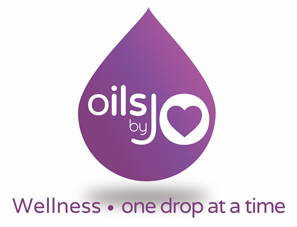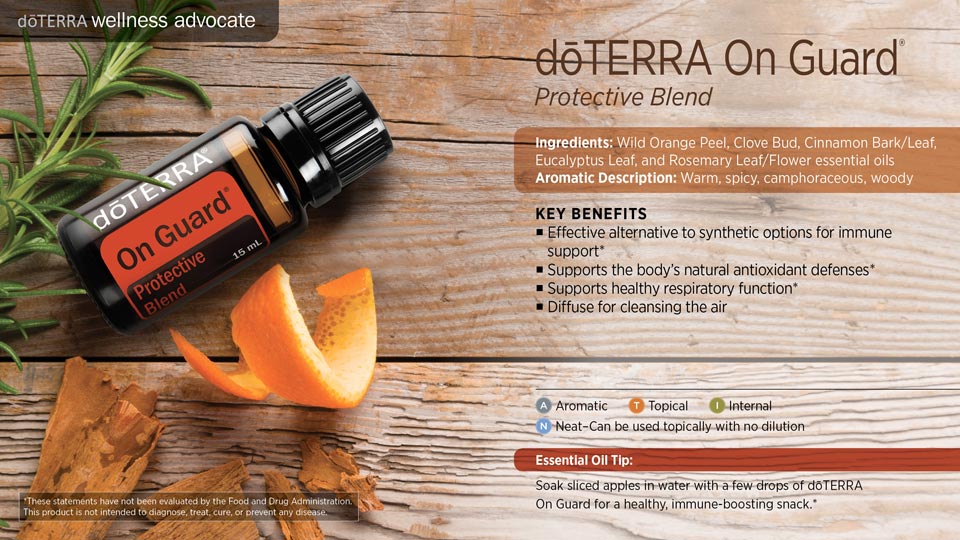Coronavirus
Following reports in the media over recent weeks regarding the escalating concerns about the coronavirus, please find below an overview of the illness, the current situation, and some practical steps we can take to reduce the risks of the spread of coronavirus.
What is Coronavirus?
Coronavirus is a type of virus. As a group, coronaviruses are common across the world. COVID-19 is a new strain of coronavirus first identified in Wuhan City, China. Public Health England currently consider the risk to the UK population to be ‘moderate’.
Most cases are mild, although severe cases and deaths have been reported globally. The symptoms will be more serious for those with pre-existing respiratory conditions and the elderly.
What are the symptoms?
Typical symptoms include fever and a cough that may progress to severe pneumonia causing shortness of breath and breathing difficulties. Generally, Coronavirus can cause more severe symptoms in people with weakened immune systems, older people, and those with long-term conditions like diabetes, cancer and chronic lung disease.
How is it communicated?
Direct contact to face – eyes or nose.
Contamination via droplets from sneezing and coughing landing on surfaces and then transferring via hands on to eyes and nose.
Contamination to hands from sneezing or coughing and then transfer to others (e.g. handshakes) or on to hand contact surfaces to be picked up by others by their hands and transferred to their eyes or nose.
What should I do now?
Keep in mind that currently there is a very low number of cases diagnosed within the UK.
It is recommended that anyone returning from the following countries, they should self isolate for a period of 14 days, whether showing symptoms or not: Hubei Province – China, Iran, Daegu or Cheongdo, Republic of Korea or an Italian town under containment measures (Northern Italy)
If you are returning from the following countries you do not need to take specific actions but if they develop symptoms of coronavirus they should self-isolate immediately and call 111:
Cambodia, China (other than Hubei Province), Hong Kong, Northern Italy, Japan, Laos, Macau, Malaysia, Myanmar, Republic of Korea (other than Daegu or Cheongdo), Singapore, Taiwan, Thailand, Vietnam
(as at 06.03.20 – check current advice here https://www.gov.uk/government/publications/ )
Remind everyone to be vigilant of symptoms at all times and to take precautions as detailed in this document to help prevent the spread of any illness or infection.
What to do if you suspect there is a case of coronavirus?
Do not panic.
Dial 111 and request advice as to how to treat or manage the patient. Do not send a client or staff member direct to A&E or their GP surgery.
If you suspect you or anyone you know may have to have coronavirus, then they should be voluntarily isolated and prompt medical treatment should be arranged. Self-isolation is currently the only recommended means to stop the spread of the illness.
Appropriate infection control measures should be implemented as soon as possible e.g. people with respiratory symptoms should be provided with a surgical mask to prevent further spread of the infection.
Basic controls
Wash hands frequently with soap and warm water for at least 2 minutes.
You should wash hands after returning from public places, particularly where they have used public transport.
Ensure surfaces are cleaned and disinfected regularly and thoroughly.
Cover nose and mouth with tissue paper when sneezing or coughing and have the tissue paper discarded into lidded bins afterwards.
Ensure waste is removed on a regular basis.
Individuals with signs and symptoms of respiratory infections (such as coughing, sneezing, headache etc.), must ensure respiratory hygiene/cough etiquette should be observed.
You should not share personal items such as towels and razors – change all hand drying to paper disposable towels if not already the case.
Cover wounds or cuts with waterproof dressings.
Heating should be in good working order and maintained.
Use diffusers in areas to try and keep the atmosphere as hygienic as possible.
Keep your immune system topped up by supporting it with On Guard, Melaleuca and Oregano. I can provide you with these oils they come in pure oils, beadlets, sprays and roll-ons
Coughing and sneezing etiquette
Cover mouth and nose when coughing and sneezing
Use tissue paper – catch it – bin it – kill it in lidded bins or flushed in the toilet
Wash hands afterwards
Possibly advise people to wear surgical masks for people with respiratory symptoms to possibly prevent spreading the infection.
Further resources
There are a number of further resources as follows:
Keep looking at my facebook page Oils by Jo as I am sharing information on there too.
Public Health England (PHE)
Public Health Wales
Health Protection Scotland (HPS)
Foreign & Commonwealth Office travel advice https://www.gov.uk/guidance/coronavirus-covid-19-information-for-the-public
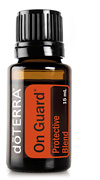
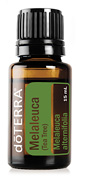
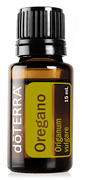
I have been working with so many of my clients over the last few weeks supporting them with their concerns and questions – if you need any help please contact me. Thanks Joanne Hunt
